CPAC Scorecard Highlights Conservative Legislation Stifled by Radical Far-Left Governors in NC and AZ
- Staff Writer

- Sep 19, 2025
- 2 min read

In the 2024 legislative year, the CPAC Scorecard revealed an unfortunate trend in North Carolina and Arizona, where conservative-led legislatures fought tirelessly to advance conservative priorities, only to be stonewalled by radical Democratic governors.
North Carolina’s Senate Republicans scored an impressive 89% on key votes, with their House counterparts matching this vigor, while Democrats languished at 2% and 20%, dragging down the state’s legislative averages to 35% and 61%. Arizona mirrored this trend, with Republicans averaging 92% across 37 votes and Democrats a paltry 3%, resulting in a 49% legislative average. This ideological chasm stifles a robust conservative mandate from voters for election integrity, immigration enforcement, and curbing bureaucratic overreach. Yet, Governors Roy Cooper and Katie Hobbs, armed with their veto power, consistently blocked these efforts, prioritizing progressive dogma over the practical needs of their constituents, leaving both states’ legislatures battling against an executive veto wall.
The dissonance in both states peaks around shared priorities like election security and immigration reform, where bold conservative proposals were repeatedly vetoed. In North Carolina, Senate Bill 88 pushed for absentee ballot signature verification, and House Bill 1074 aimed to constitutionally ban non-citizen voting—both overwhelmingly supported by Republicans but crushed by Cooper’s veto and near-unanimous Democratic opposition. Arizona’s legislature faced similar resistance, with House Bill 2404 to stop out-of-state voting and House Resolution 2058 to block foreign election funding meeting the same fate under Hobbs.
On immigration, North Carolina’s House Bill 10 demanded compliance with federal detainers to detain criminals, while Arizona’s Senate Bill 1231 criminalized illegal border crossings, and House Concurrent Resolution 2038 labeled Mexican cartels as terrorist organizations. These commonsense measures, backed by strong conservative unity, were systematically dismantled by gubernatorial vetoes, exposing how these far-left executives weaponize their authority to undermine public trust in elections and national security, offering no meaningful alternatives or directives.
Despite these setbacks, North Carolina demonstrated a slight edge in resilience. Conservatives there overrode Cooper’s veto on House Bill 237 to protect religious institutions and passed Senate Bill 790 to limit the state bar’s ideological overreach, proving that determined legislatures can occasionally break through. Arizona, however, faced a total blockade, with Hobbs vetoing all 21 CPAC-backed bills, from anti-DEI measures (Senate Bill 1005) to child-protection laws (Senate Bill 1007).
CPAC emphasizes the path forward lies in recapturing governors’ mansions in 2026, while ballot initiatives and constitutional amendments offer interim solutions. The veto-heavy reigns of Cooper and Hobbs serve as a warning: their obstruction isn’t just policy disagreement but a deliberate strategy to entrench progressive ideals, blocking reforms that would secure elections, enhance safety, and empower Americans.








.png)




_gif.gif)